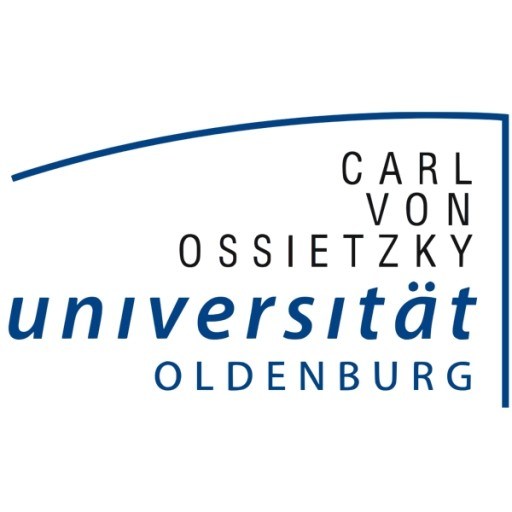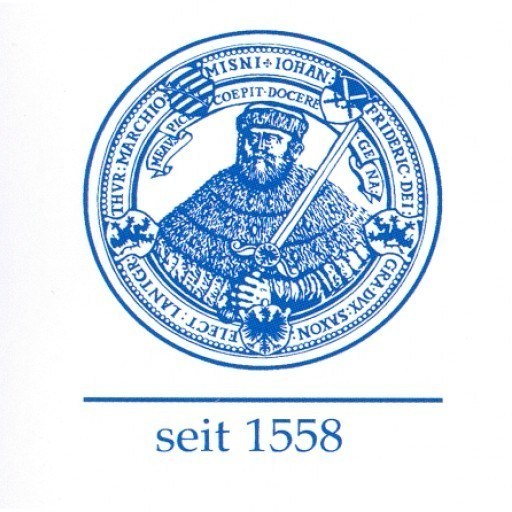Photos of university / #uniofgreenwich
The BSc (Hons) Biological Sciences programme at the University of Greenwich offers students a comprehensive and detailed understanding of living organisms, their structures, functions, and the interactions within ecosystems. Designed to provide a strong foundation in the biological sciences, this programme combines theoretical knowledge with practical skills to prepare graduates for careers in research, healthcare, environmental management, and other related fields. Students will explore a wide range of topics, including genetics, microbiology, ecology, physiology, and molecular biology, gaining insight into both fundamental and applied aspects of biological sciences. The curriculum emphasizes laboratory work and field studies, enabling students to develop essential skills in scientific analysis, data interpretation, and experimental design. Throughout the programme, students have the opportunity to engage with current scientific challenges, participate in research projects, and benefit from the expertise of experienced academics and industry professionals. The programme also encourages the development of transferable skills such as communication, teamwork, and problem-solving, which are critical for career success. In addition, students can opt for placements or internships, providing real-world experience and enhancing employability. Graduates of this programme will be equipped with the knowledge and skills required for further study or employment in sectors such as biomedical research, environmental consultancy, conservation, pharmaceuticals, and education. The University of Greenwich’s state-of-the-art facilities, dedicated teaching staff, and vibrant student community create an enriching learning environment. The programme is designed to adapt to the rapidly evolving landscape of biological sciences, ensuring that graduates are well-prepared for the scientific and technological advances shaping our world. With a flexible structure, students can tailor their studies to match their interests and career goals, making the BSc (Hons) Biological Sciences a versatile and valuable degree for anyone passionate about understanding the living world.
The Bachelor of Science in Biological Sciences at the University of Greenwich offers a comprehensive and dynamic curriculum designed to provide students with a solid foundation in the core principles of biology while also encouraging practical skills, critical thinking, and research capabilities. Throughout the programme, students will explore a wide range of topics including genetics, ecology, microbiology, zoology, and human biology, enabling a broad understanding of living organisms and their environments. The course emphasizes the importance of scientific methodologies, laboratory techniques, and data analysis, preparing students for careers in research, healthcare, environmental management, and education.
Students will have the opportunity to engage in practical laboratory work, field studies, and independent research projects, fostering hands-on experience and applied knowledge. The programme integrates modern biological concepts with technological advancements, ensuring graduates are well-equipped to navigate current scientific challenges. In addition, students can choose optional modules to specialize in areas such as biotechnology, conservation, or health sciences, tailoring their studies to personal interests and career goals.
The course also emphasizes real-world applications and multidisciplinary approaches, encouraging students to consider ethical, societal, and environmental issues related to biological sciences. The programme prepares graduates to pursue further postgraduate study or enter the workforce as skilled professionals in various sectors. With access to excellent facilities and experienced academic staff, students will develop key competencies including problem-solving, communication, and teamwork. Overall, the Biological Sciences programme at the University of Greenwich offers a rich, engaging, and high-quality education designed to inspire the next generation of biologists.
Program requirements for the BSc (Hons) Biological Sciences at the University of Greenwich include a combination of academic qualifications, relevant experience, and language proficiency. Applicants typically need a minimum of UCAS points equivalent to BBC at A-level or an equivalent qualification. Evidence of good GCSEs in Mathematics and English is usually required. Consideration may be given to those with equivalent qualifications or relevant work experience. For international students, proof of English language proficiency through tests such as IELTS with a score of at least 6.0 overall, with no less than 5.5 in any component, is necessary unless they have achieved comparable qualifications. Applicants should demonstrate an interest in biological sciences and may be asked to provide a personal statement explaining their motivation and suitability for the course. The application process involves submitting UCAS application forms, academic transcripts, and references. Additional requirements may include interview or entrance assessments, depending on the applicant's background. The program may also require students to have completed specific coursework or modules in science during their prior education. For mature students or those with non-traditional qualifications, relevant work experience or prior learning may be considered in lieu of formal academic qualifications. The program aims to admit students who show strong analytical skills, curiosity about biological systems, and a commitment to scientific inquiry. Overall, applicants should meet the university’s general entry standards and demonstrate a passion for advancing their knowledge in biological sciences to succeed in this program.
The University of Greenwich offers a range of financing options to support students enrolled in their Biological Sciences degree programmes. Tuition fees vary depending on the level of study and whether the student is classified as a UK, EU, or international student. For undergraduate courses, UK students typically pay a tuition fee of approximately £9,250 per year, while international students may pay higher fees, generally around £14,000 to £15,000 annually. Postgraduate programmes have different fee structures, with UK students paying approximately £7,500 to £9,000 per year and international students paying between £13,000 and £15,500, depending on the specific course. The university provides various financial support mechanisms, including government-backed student loans for eligible UK students, which cover tuition fees and provide maintenance support during studies. International students are encouraged to seek scholarships, bursaries, and external funding sources, as the university offers several scholarships such as the Greenwich Global Scholarship and subject-specific awards. Additionally, the university works with banking institutions to facilitate student loan applications and offers payment plans that allow students to spread their fees over several installments, easing financial pressure. The university also provides dedicated financial advice through its Student Advice Service, helping students understand and access financial aid options effectively. For students undertaking research components, funding opportunities may be available through research councils, scholarships, or departmental grants. It is recommended to consult the university's official financial information webpage for the most up-to-date details on fees, grants, scholarships, and loan options. Overall, the University of Greenwich strives to make biological sciences education accessible by offering comprehensive financial support, enabling students from diverse backgrounds to pursue their academic and career goals in biological sciences.
The BSc Biological Sciences programme at the University of Greenwich offers students a comprehensive understanding of the fundamental concepts of biology, encompassing a wide range of topics such as genetics, microbiology, ecology, physiology, and molecular biology. Designed to provide a solid foundation in biological principles, this degree equips students with both theoretical knowledge and practical laboratory skills essential for careers in research, healthcare, environmental management, and education. The programme emphasizes experiential learning through lab work, field trips, and independent research projects, fostering critical thinking and problem-solving abilities. Students have the opportunity to specialize in areas such as biodiversity, biomedical sciences, ecology, or biotechnology, allowing for tailored career pathways or further postgraduate study. The course is delivered by experienced academic staff who are active researchers, ensuring that students are exposed to the latest developments and advances in the biological sciences. The programme also encourages interdisciplinary collaboration, integrating aspects of chemistry, physics, and computing to address complex biological questions. The university's modern laboratories, research facilities, and partnerships with external organizations provide students with practical experience in real-world settings. Additionally, the programme includes opportunities for industrial placements, which enhance employability and professional development. Graduates from the Biological Sciences programme are well-prepared to pursue careers in scientific research, healthcare industries, environmental consultancy, conservation agencies, or continue their studies through master's or doctoral programmes. The programme generally spans three years for full-time students, with options for part-time study, offering flexibility to accommodate diverse student needs. Overall, the BSc Biological Sciences at Greenwich aims to inspire scientific curiosity, foster technical competence, and develop the analytical skills necessary for a successful career in the dynamic and expanding field of biology.










